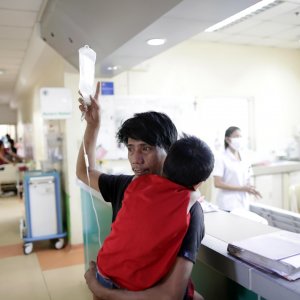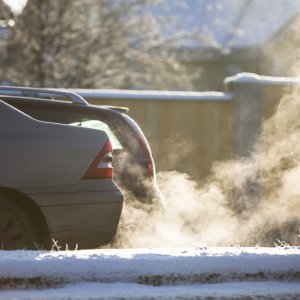Measles cases are increasing in Europe and a new variant has now been identified in Italy that could evade diagnostic testing. The news comes from a study by researchers at the University of Milan and the Istituto Superiore di Sanit°, published in Eurosurveillance.
The investigation shows that five cases of measles have been confirmed since January 2024 in the region that includes the metropolis of Milan and surrounding areas in Lombardy, with variants that may escape diagnostic testing. The cases are all classified as genotype D8 and “sporadic” because no clear epidemiological connection has been established between them.
Measles, +3,000% cases in Europe and Central Asia since January

I study
In three of the five cases identified, it says, “a recent travel history was reported; the destinations included Uzbekistan, Thailand and southern Italy.” In particular, two of these cases each had a travel history to southern Italy or Thailand infected with MeV strains, which are characterized by the three mismatches described by Pérez-Rodríguez. He is a researcher who conducted a study with his team in Switzerland, a “region bordering on the area” where the Lombard cases were identified.
“Our results suggest that MeVs with the specific mutations discovered by molecular surveillance in Switzerland are already circulating in Italy,” the researchers note, adding that they are “unidentified by many diagnostic tests currently in use can be detected with reduced sensitivity. This underlines the importance of a timely update.” “Diagnostic tests to detect all currently circulating MeV strains,” the experts conclude.
Measles, the WHO alarm for Europe: In 2023, cases have increased 30-fold


The vaccine
But so far experts have tended to calm the situation, especially for those who have been vaccinated. “The measles virus is relatively stable. The antigenic variants do not cause any problems with our immune response: Anyone who has been vaccinated or has already had measles has nothing to fear from the new variants,” he comments Pier Luigi Lopalco, professor of hygiene at the University of Salento, the discovery of measles cases in northern Italy with a mutation that can evade diagnostic tests. “The vaccine used remains effective,” emphasizes Lopalco. “There may be problems with some diagnostic tests that may not correctly identify the virus. Variant or no variant, measles still remains a fearsome disease. Anyone who is not vaccinated should run and get vaccinated.”It”.
The recall makes the difference
The medication contains measles prophylaxis, which also protects against mumps, rubella and chickenpox. The ideal schedule involves a first vaccination immediately after the first birthday (between 12 and 15 months of age) and a subsequent booster vaccination between the ages of six and seven.
Measles, WHO sounds the alarm: vaccinations below the minimum threshold and cases on the rise
by Noemi Penna












